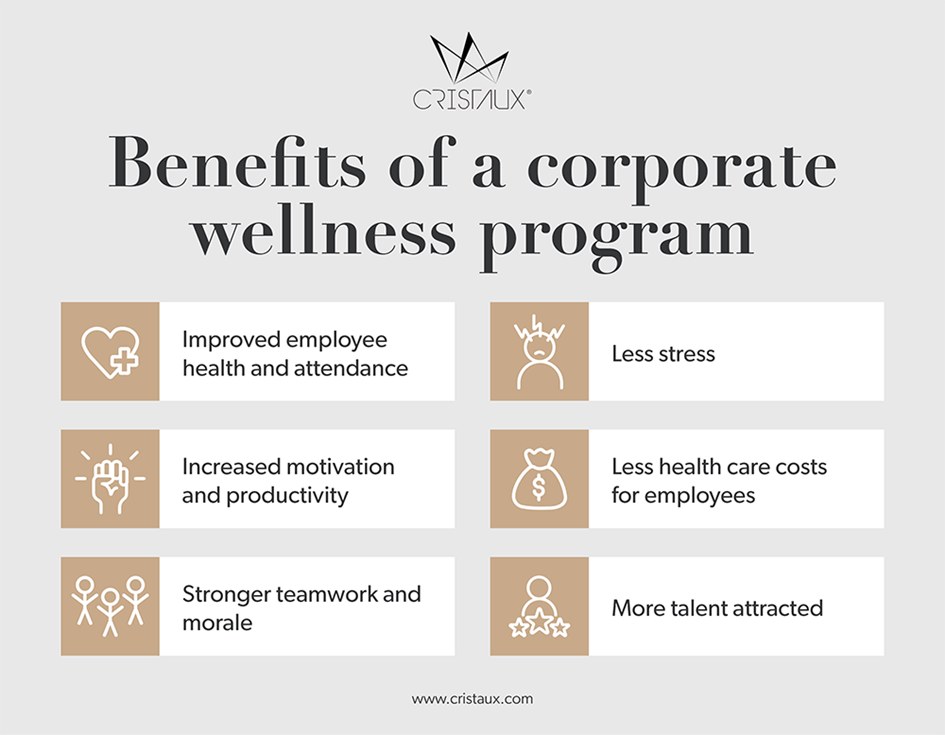In today’s competitive business landscape, the loyalty of employees plays a pivotal role in a company’s growth and sustainability. Committed and engaged employees not only contribute to increased productivity but also become brand ambassadors, attracting top talents. How can you make sure that your employees are satisfied with their current position and thus don’t want to change their job?
In answer to this question, this article provides helpful tips to increase your employees’ loyalty.
Table of Contents
1. Foster a Positive Work Environment
Fostering a positive work environment is essential for creating a culture where employees feel valued, motivated, and engaged. Here are some key strategies:
- Promote open communication by encouraging employees to share their ideas, concerns, and feedback without fear of reprisal. This can be facilitated through regular team meetings, one-on-one sessions with managers or anonymous suggestion boxes.
- Acknowledge and appreciate your employees’ efforts and achievements by celebrating both professional and personal milestones and publicly recognizing outstanding contributions. Verbal praise or tokens of appreciation such as a custom award can be perfect ways of recognizing remarkable efforts.
- Encourage collaboration among employees by organizing team-building activities or social events. In this way, you’ll give your team the chance to come together outside their work environment and get to know each other on a personal level.
- Provide good leadership by ensuring that managers and supervisors are approachable, supportive, and empathetic towards their team members. Don’t miss out on investing into leadership development programs to equip managers with the necessary skills to effectively lead their teams.
2. Promote a Healthy Work-Life Balance
A healthy work-life balance is crucial for the well-being of your employees and the overall success of your company. By valuing work-life balance, you can improve employee satisfaction, reduce the risk of burnout, increase productivity, and foster a more loyal and dedicated workforce.
One essential aspect that makes for a healthy work-life balance is flexible working arrangements, such as flexible hours, remote work opportunities or compressed workweeks. Allowing employees to have more control over their schedules enables them to better manage personal commitments while meeting work responsibilities.
Also, emphasize the importance of taking regular breaks during each workday. Encourage your employees to use their vacation days and avoid excessive overtime. Make thus sure that workloads are manageable without employees feeling too overwhelmed. Regularly assess their workload and adjust where necessary to maintain a healthy balance.
3. Offer a Corporate Health Program
Another way of ensuring your employees’ loyalty is to offer a corporate health program, which can promote your team’s overall health and well-being. It’s designed to encourage employees to make positive lifestyle choices, leading to an improvement of both physical and mental health. There are various benefits of corporate health programs:

A corporate wellness program can take many forms and may include a range of activities and services tailored to meet the specific needs of your employees. Programs can include exercise classes, health screenings, healthy food options in the workplace and regular stress management workshops.
4. Provide Opportunities for Growth and Development
Employees are more likely to stay in a company that invests in their personal growth and shows a genuine interest in their career progressions. Therefore, make sure to use strategies which effectively offer growth and development opportunities to your employees.
A great way of promoting your team’s growth is to conduct training sessions and workshops that are relevant to employees’ specific roles and career aspirations. You may want to choose a training that focuses on technical skills, leadership development, keeping one’s online identity safe, communication, and more. Also, you can encourage your employees to expand their skill sets and explore new areas of interest by offering them to participate in conferences or webinars outside their regular working hours.
To keep track of every employee’s development in your company, you may want to create Individual Development Plans (IDPs) in collaboration with employees. These plans outline career goals, skill development objectives, and a roadmap for achieving them. This can help you to always stay on top of things, so that every employee has the chance to progress in their career.
5. Commit to Sustainability
In today’s job market, many jobseekers prioritize working for environmentally responsible and socially conscious companies. When employees realize that the company they work for is committed to environmental and social responsibility, they are generally more likely to contribute to its success in the long run. Here’s how committing to sustainability can increase your employees’ loyalty:
- Employees develop a strong connection to a company because sustainability initiatives often align with their personal values and beliefs. Contributing to sustainability efforts allows employees to feel that their work goes beyond the organization’s success.
- They feel proud to work for a company with a reputation as an environmentally responsible and socially conscious organization.
- Sustainability initiatives typically require cross-functional collaboration and teamwork. Working together towards common goals can build camaraderie and strengthen bonds among employees, fostering a positive and collaborative work culture.
Conclusion
In conclusion, increasing employee loyalty is crucial for any company. All the strategies discussed in this article can increase your employees’ satisfaction and thus create a culture of loyalty and commitment that benefits both your employees and your company as a whole.

